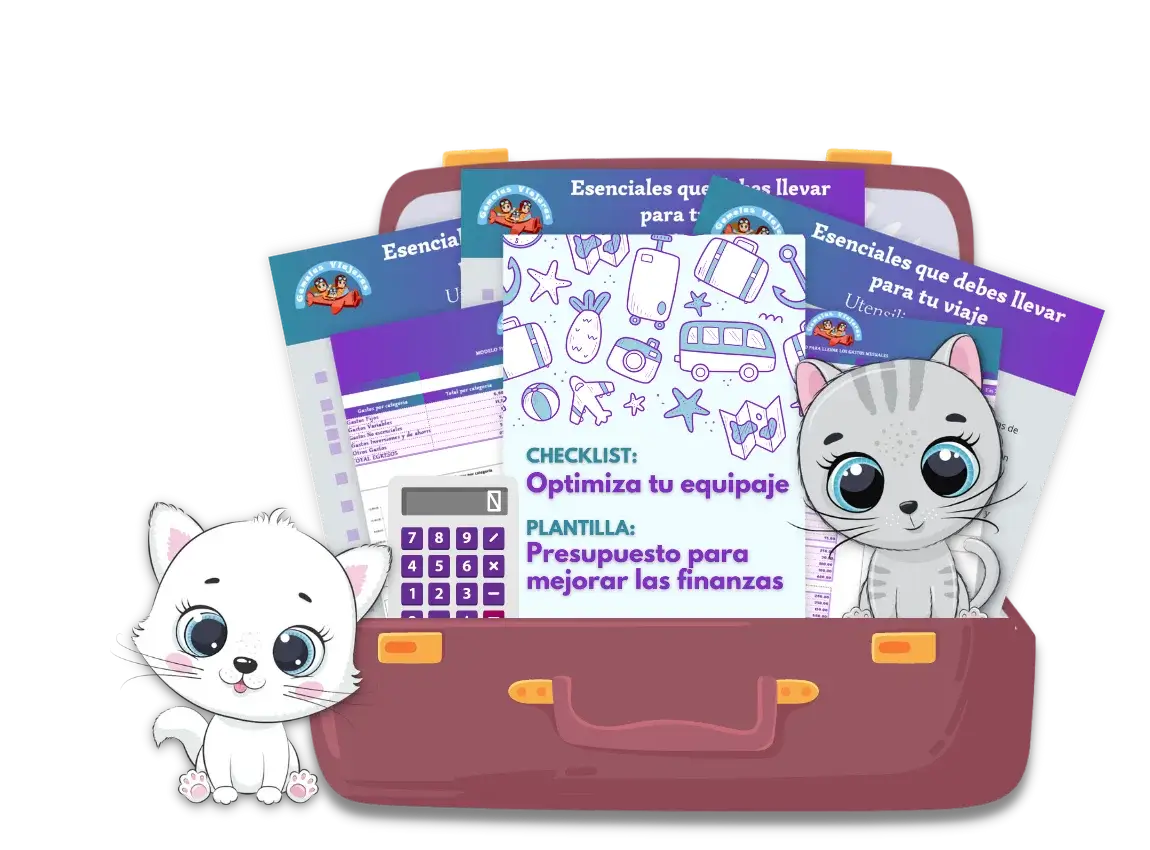One of the emotions when traveling is that we see the world with new eyes and even the everyday seems new, different and wonderful.
That also goes hand in hand with the fact that we are exposed to a different and strange environment. This leads to situations where we are more vulnerable than usual, especially for the local population.
This doesn’t mean we don’t enjoy our trip. So then we will give some tips to reduce risks and insecurities that may arise when making our adventure.
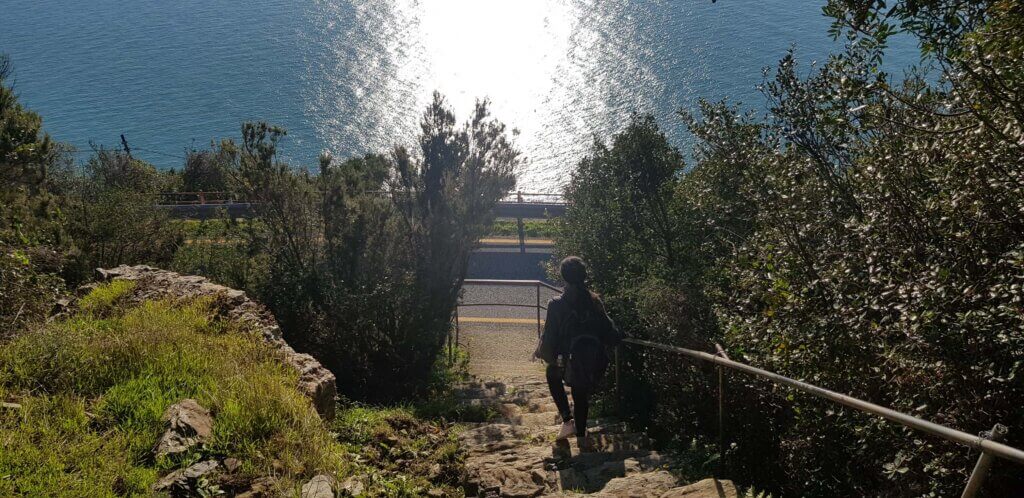
Investigate the usual scams
Research the most common scams in your destination country. You can do this through blogs of travelers who have visited the place where you want to go and where they talk about the vulnerabilities that are perceived in tourists and how some unscrupulous locals can take advantage of them.
For example, going on the bus to visit the Wall of China, at the penultimate stop before arriving, two men looked out at the transport door and said “To go to the wall…”. The idea was that you would get off your transport (which was going to the Wall) and get on another transport of them and pay them to take you to your destination. This is common when traveling to the Wall of China. So beware!
Dress code
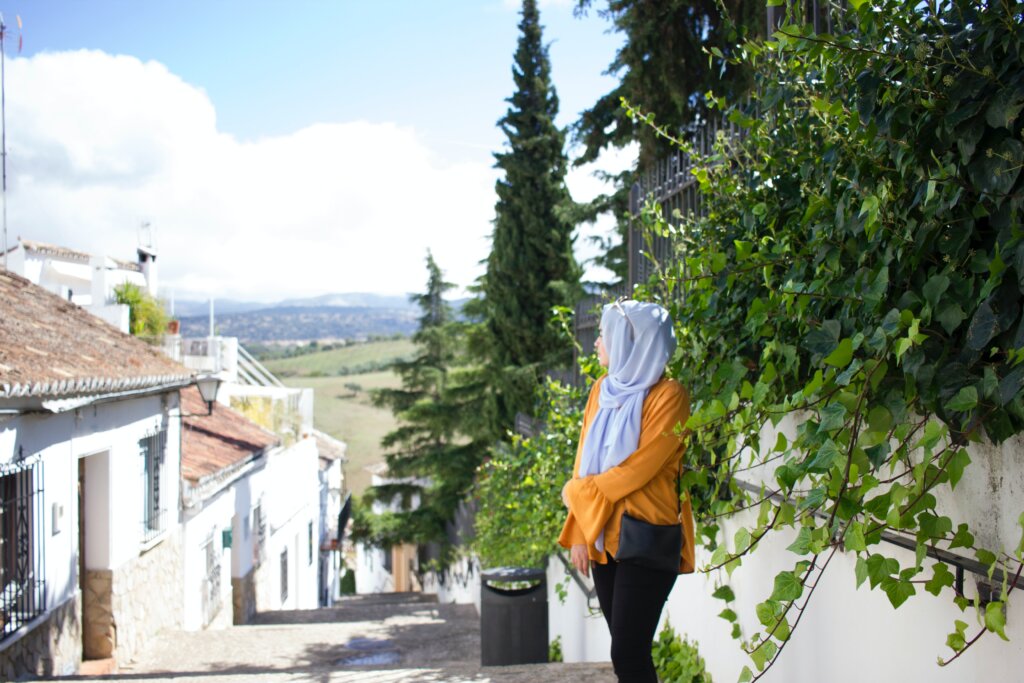 Soak up everything about the dress code of your destination country, especially conservative countries like Muslim countries. This to avoid attracting attention or avoiding the anger or condemnation of the locals.
Soak up everything about the dress code of your destination country, especially conservative countries like Muslim countries. This to avoid attracting attention or avoiding the anger or condemnation of the locals.
Although you are unlikely to be stoned, failure to respect local customs can lead to offending moral and even religious sensitivities. And you don’t want to do that. More conservative elements may try to show their disagreement with you.
Try to get to your destination by day
 Try to square the schedules, connections and transports in advance, so that you arrive at your destination in the light of day.
Try to square the schedules, connections and transports in advance, so that you arrive at your destination in the light of day.
If you arrive too late you will most likely not be taking public transport which is usually safer and cheaper.
In some destinations, arriving at night can also be risky, because you are more vulnerable and more likely to suffer some kind of loss.
Develops intuition

Trust your intuition. Generally, if we have a bad feeling about a place, a situation or a person, our logic prevails and tells us that we are distrustful.
It is better to err on the side of distrust than to have unpleasant surprises. We have found that trusting our intuition has saved us unpleasant situations and we have heard of many cases of people who by not trusting their intuition resulted in being harmed.
Research “No-No’s”
Do previous research on Google of topics like “What not to do in… [your place of destination]”.
Before traveling to China for example, our research led us to something very interesting about “what not to eat in China”. There is a whole gastronomic theme in this country and not all the food offer can be acceptable to the Western traveler.
Be aware of what you can face
Find out the main risks and insecurities of your destination country. All present, to a greater or lesser extent, risks for the visitor.
Obviously, there are safer countries than others: Sweden or Portugal is not the same as Mozambique or a favela in Brazil. However, by taking the right forecasts depending on where we are going, we decrease the incidence of unpleasant events.
We suugest to investigate topics from crime rates, to incidence of natural disasters, conflict zones, health risks, strikes or protests that are taking place, etc.
Talk to the natives
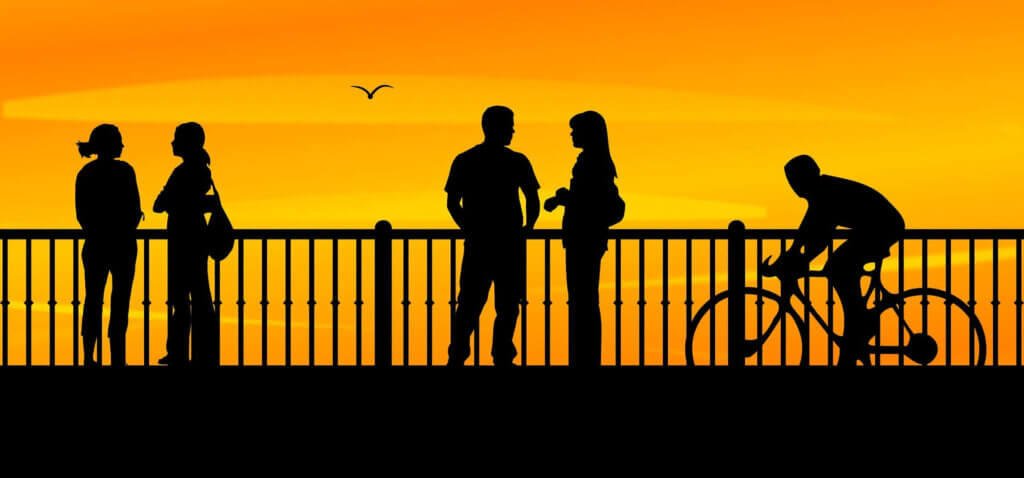 If possible, ask locals for advice about sites you may or may not visit. The ones that are safe, what aren’t and what forecasts would be more convenient for you to carry out.
If possible, ask locals for advice about sites you may or may not visit. The ones that are safe, what aren’t and what forecasts would be more convenient for you to carry out.
In addition to making contact with the character and idiosyncrasies of the locals, no one better than them to tell you about the risks of their own land.
Make sure you get to your hotel
 Book the hotel or hostel before leaving your country and review the route to get there so that you are clear about how you are going to arrive. Especially if you have no choice but to arrive at night.
Book the hotel or hostel before leaving your country and review the route to get there so that you are clear about how you are going to arrive. Especially if you have no choice but to arrive at night.
Invest a little more money and try to make your stay central. Do a search about reviews, especially of women in terms of safety.
Gather all the information you can about accesses, points of reference, character of the neighborhood or location area of your accommodation.
Share your itinerary
Develop your itinerary and share it with friends, family and others close to you who stay at home.
At the time of a loss, these people will use that information to communicate to the authorities relevant data about you, such as what was the itinerary that you had set, scheduled dates of visits, tours that you planned to take …
Likewise, open a WhatsApp group with these same people and keep it updated and in touch regarding the sites you are going to visit and the itinerary changes you are going to make.
International WiFi
 If you can, purchase an international wi-fi plan. This way you can have wi-fi all the time and you won’t lose connection if you’re not in an area without wi-fi coverage.
If you can, purchase an international wi-fi plan. This way you can have wi-fi all the time and you won’t lose connection if you’re not in an area without wi-fi coverage.
With these services, you will have to buy or rent a small router. It is especially suitable if more than two people go, because the router can connect 5-8 devices. Some providers cover up to 140 countries.
Look and compare the prices and make sure one of these plans, especially if you travel to places with poor wifi coverage.
There are several companies that offer this service: Skyroam, Travel WiFi or Keepgo.
Use it only if you are going to visit several countries on a trip, if you go to a country, just buy the SIM card of the country for your mobile.
Contact your embassy
Learn the location, phones, and contact of your country’s embassy or diplomatic representation in the country where you’re going, if any.
It is also a good idea to send to the embassy of your country in the destination country an email with your itinerary, dates of stay, your contact number and other relevant information so that they know that you will be there to visit.
Go out at night only if it is safe
 He values the possibility of not going out at night. However, there are cities like Buenos Aires where life begins at about 9 pm.
He values the possibility of not going out at night. However, there are cities like Buenos Aires where life begins at about 9 pm.
Use common sense and learn about the risks and safe and unsafe places, especially at night. There are certain tourist places, such as the Harlem neighborhood in New York, that are very popular by day, but at night they can be risky.
If you want to visit places at night, make sure they are properly crowded and keep an eye out for your surroundings.
Do not overstop, that slows down your senses.
911
Know the emergency number of your destination. It’s usually 911.
Save it on your mobile in such a way that with just a touch you can access it quickly.
Always try to know the name of the neighborhood, street, square where you are and memorize some phrases in the vernacular so that you can make yourself understood with the operators, if the case comes.
Back up your documents
 Scan and save on your mobile and in a cloud storage, documents such as travel insurance with policy number, passport, driver’s license, etc.
Scan and save on your mobile and in a cloud storage, documents such as travel insurance with policy number, passport, driver’s license, etc.
Also, keep a record in your wallet of your blood group, relevant information about whether you have any conditions or illnesses, drug allergies, and other data you think is relevant to your medical history.
Travel Insurance
It is important that you purchase travel insurance. A travel policy that covers you during your stay abroad.
This is important because as they say “it is better to have it and not need it than to need it and not to have it”.
Believe us, this is a very underrated investment, but we strongly recommend it.
Situational awareness
Like the secret agents of the movies, develop your situational awareness.
Generally, when we walk through our own city or locality, we usually have low attention and that we also transfer to when we visit foreign countries.
This is not a good idea. The interesting thing here is to have conscious attention to everything around us.
It is not about being alarmed or stressed, but a calm, relaxed but attentive to the movements that occur around. This coupled with the use of intuition allows you, for example, to discover misplaced, abnormal behaviors in people, in situations, etc.
Being “relaxedly aware and attentive” of what is happening around you will avoid many problems.
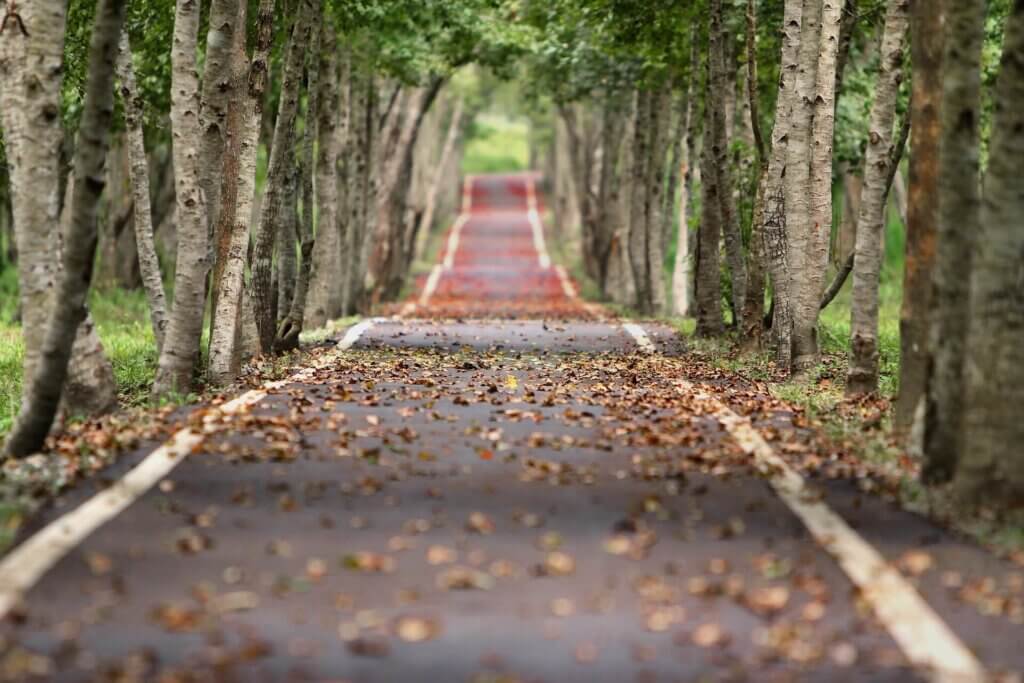
Don’t support begging
Do not give money to beggars or people who ask you for money, why it happens that in many cases these are groups that are trained so that whatever you take out your wallet with your money, someone takes it from you. Even a child can do this.
Be especially wary of those who are especially insistent or when they approach you in groups and everyone talks to you at once. It can be a tactic to distract you and decrease your situational awareness.
Unsolicited “Angels”
Be wary of people who come to you, who see you as a lost and friendly tourist but insistently offer you to take you tourist attractions, to your hotel, to a museum, etc.
A small percentage may be genuinely friendly people, but most cases it is likely some kind of deception.
Be wary of those who identify themselves as “local tourism agents” or who are there in the middle of a square to help tourists.
Those people watching around you, who seem to choose an isolated tourist, should set off your alarm.
Conclusions
Using all these tips you will not be 100% exempt from the dangers and risks that may lurk abroad. After all, this is an adventure. And as such, not without risks.
But they do decrease the chances that you will be involved in unpleasant situations in your destination country.
These recommendations should be maximized even more when traveling to countries or places where the situation of insecurity is quite noticeable.
A good previous research and these tips, will put the numbers in your favor when it comes to making your trip an interesting story to tell and a beautiful memory to treasure.
